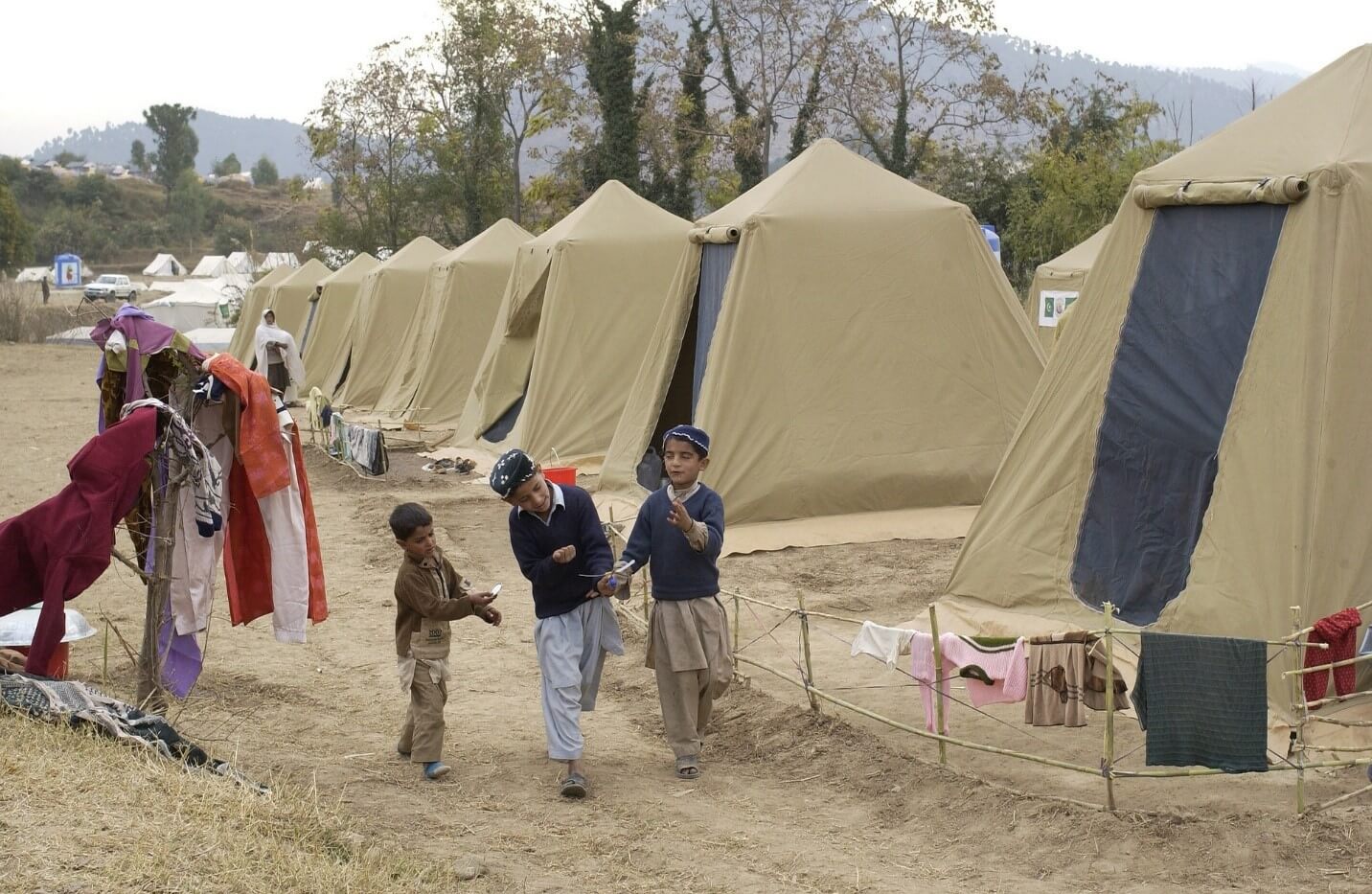- There are more than 65 million displaced persons in the world. These are people who have been forced, willingly or unwillingly, to leave their homes for their own safety.
- Of that number, 21 million are refugees. Another 10 million are stateless.
- Nearly 14 million people have been displaced from their homes in the past year but have remained within their own countries.
- On average, 20 people leave everything they possess behind to escape persecution.
- 86% of all refugees are living in developing countries.
- About 45% (11 million) Syrians are displaced, making the civil war there one of the world’s worst humanitarian crises in the past century.
Those facts make it necessary to define the difference between a refugee and the other statuses.
Refugee: “Someone who fled his or her home and country owing to “a well-founded fear of persecution because of his/her race, religion, nationality, membership in a particular social group, or political opinion.”
Displaced Person: “Someone who has not crossed an international border but have moved to a different region than the one they call home within their own country.”
Asylum Seeker: Refugees who have fled their homes and have made their way to another country, but their claim to refugee status has not yet legally or definitively been evaluated in the country to which they fled.
Stateless Person: People who have no official identification documents. Some are children born to displaced parents. Without identification, it is very difficult to obtain essential services, including healthcare and employment.
Our collective hearts break for people entrapped in these situations. However, the media, many politicians, and even more uninformed people, muddy the waters because of the tendency to equate immigration with people who are refugees. To keep a proper perspective, the public needs to understand that standards and classes of immigration are controlled by legislation – in the United States and the around the world. That lack of understanding creates unnecessary confusion.
Governments exist to maintain the welfare and security of their current citizens. An open-door policy does not mean that everyone who arrives at a country’s borders is automatically welcomed. Rather, it means that the country’s borders are open to those who legal apply – and are vetted and approved – before they arrive at the country’s border.
The process, regardless of the country and its particularly defined laws, is necessary to maintain the balances within the country that ensure its stability. Failing to understand this sets government and emotions on a collision course.
Compassion is what we feel in our hearts for the misery of refugees and displaced persons. Control is what governments are concerned about. That is not to say that elected or appointed officials are without compassion. Rather, their priority is what is best for the country.
The need is to find a compassionate way to help refugees without their host country losing its stability and ability to provide for the needs of all concerned.
The best answers that refugees have are the aid of global governmental organizations and NGOs that are specifically equipped to intervene with food, water, medicine, safe places to reside and other essentials. Unfortunately, these are usually temporary refugee camps where conditions are less than desirable. However, the conditions in the camps are better than they were at the refugees’ former homes.
This does not mean that we should quench our compassion. Rather it means that we should regularly engage in prayer for the Lord’s provision and protection, in faith, believing that He will answer with help for the least of these. We must pray, not only for the refugees, but also the displaced persons, the stateless persons, and the asylum seekers.
It means that we must not simply wring our hands and feel sorry for the suffering. It is our responsibility to provide “the cup of cold water” by supporting faith-based NGOs who are equipped to deliver the needed aid.
This is why faith-based NGOs rely on your help. Don’t turn a blind eye to the refugee situation or a deaf ear to the need to provide for them.
Sources:
- UNHCR, Will you stand #WithRefugees?
- Christianity Today, World Refugee Day 2018: ‘Welcoming the Stranger’ Meets ‘Zero Tolerance’
- Global Giving, 7 Facts You Need To Know For World Refugee Day
- American Red Cross, World Refugee Day
- Justice for Immigrants, World Refugee Day
